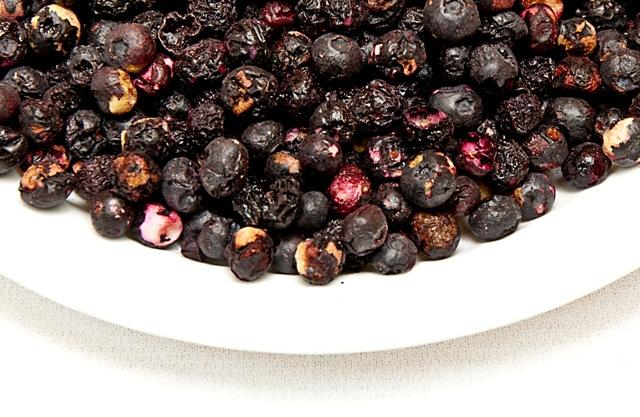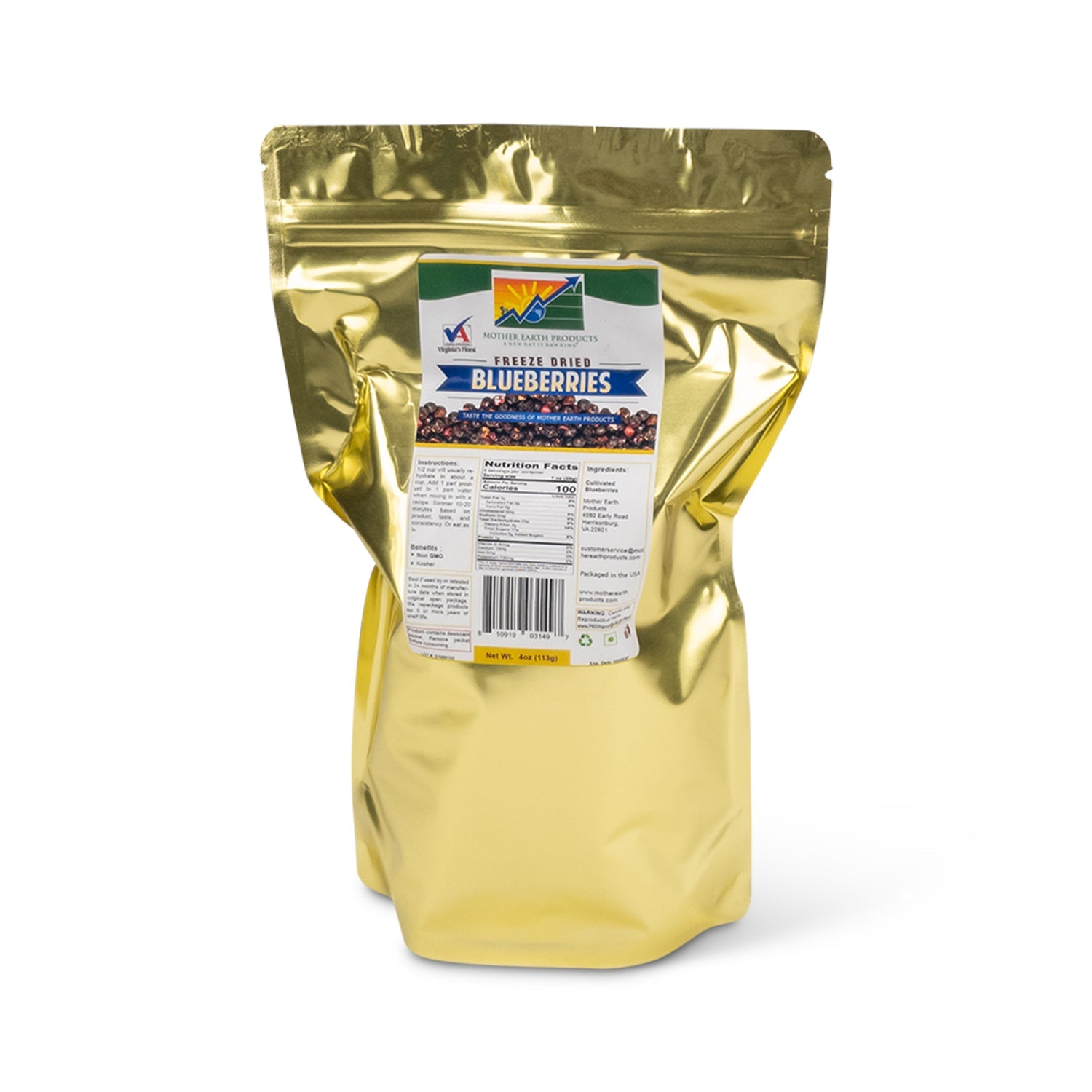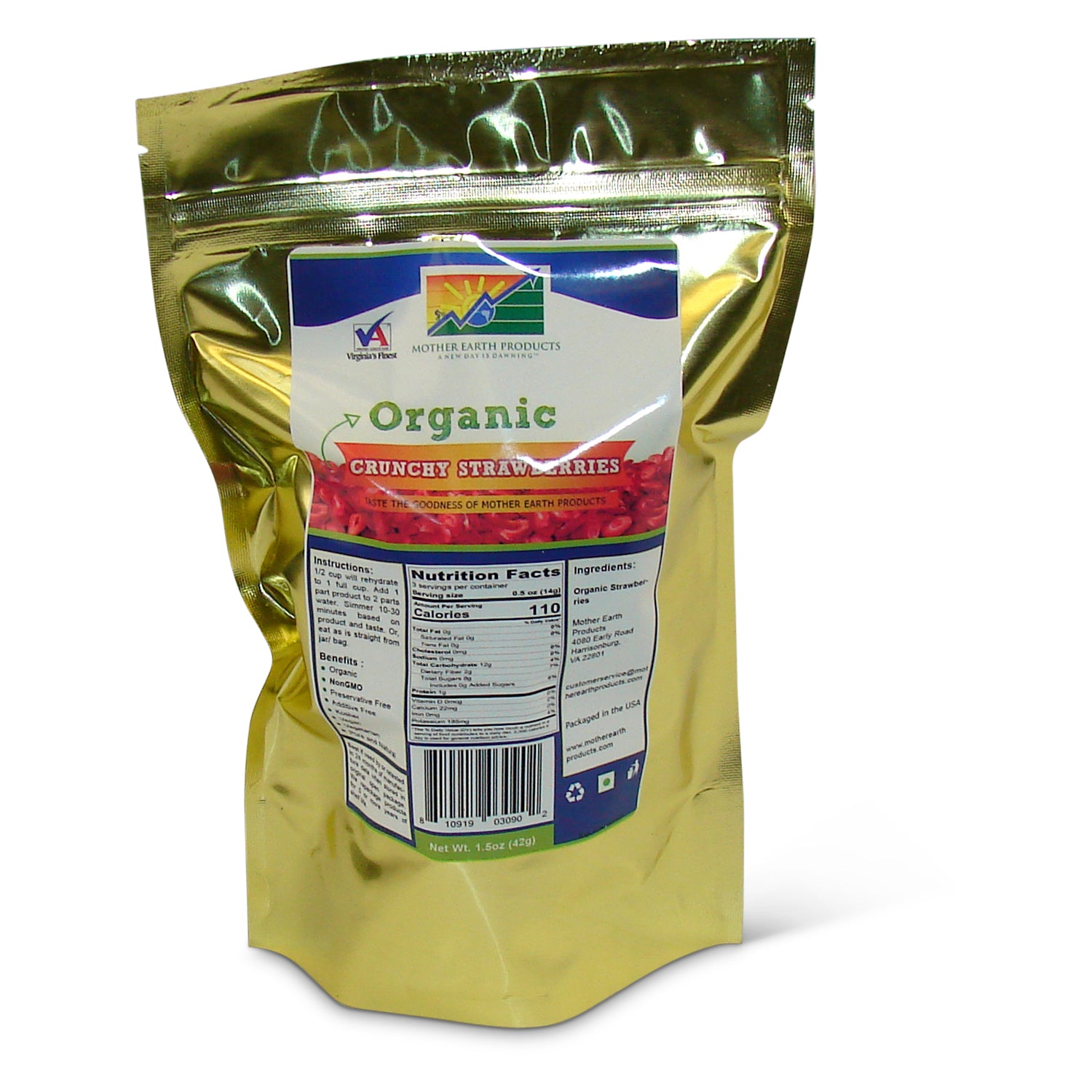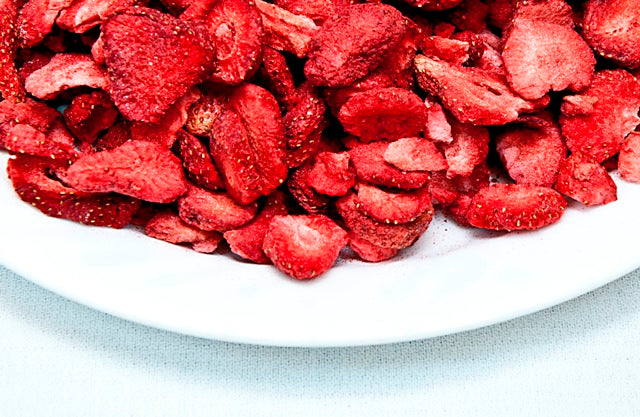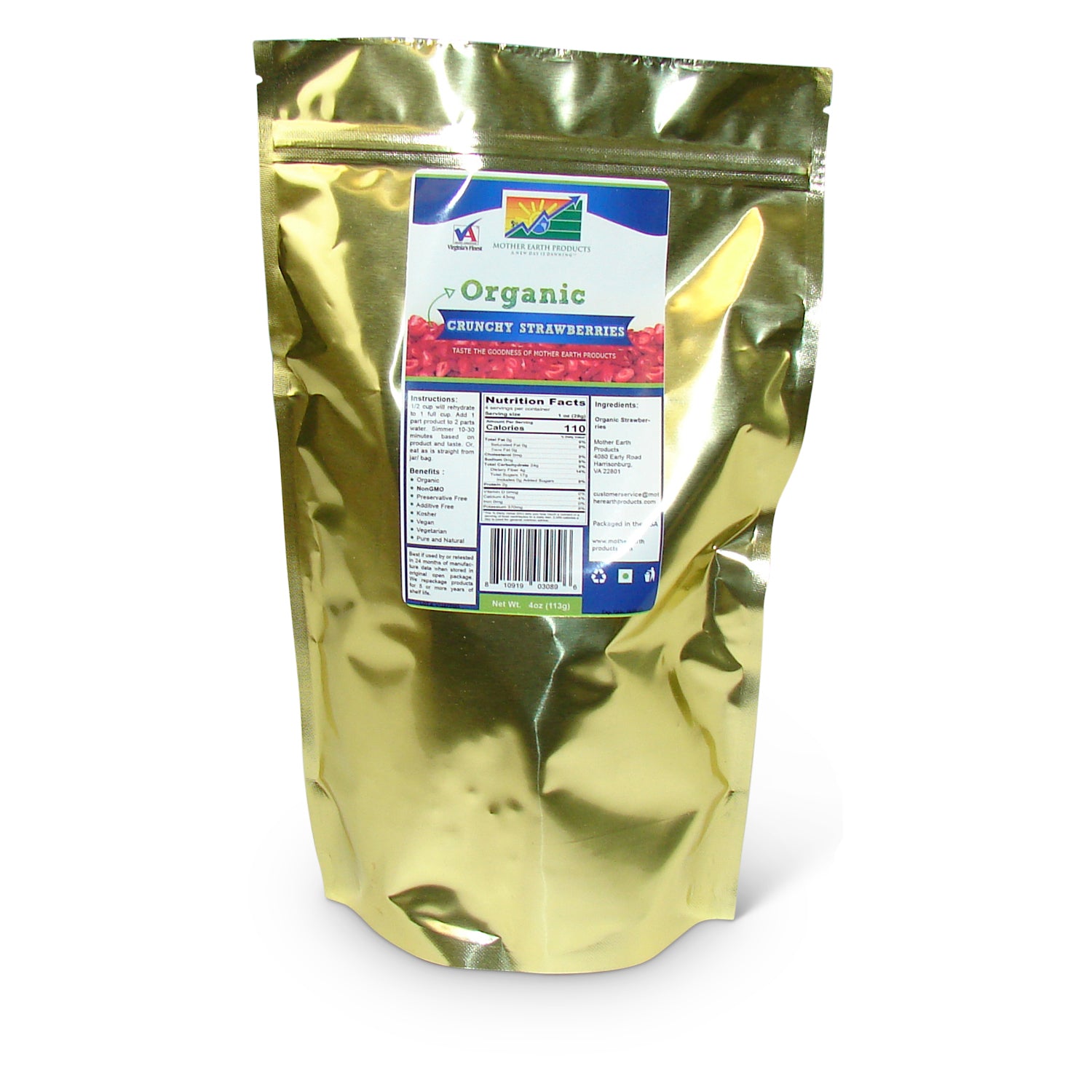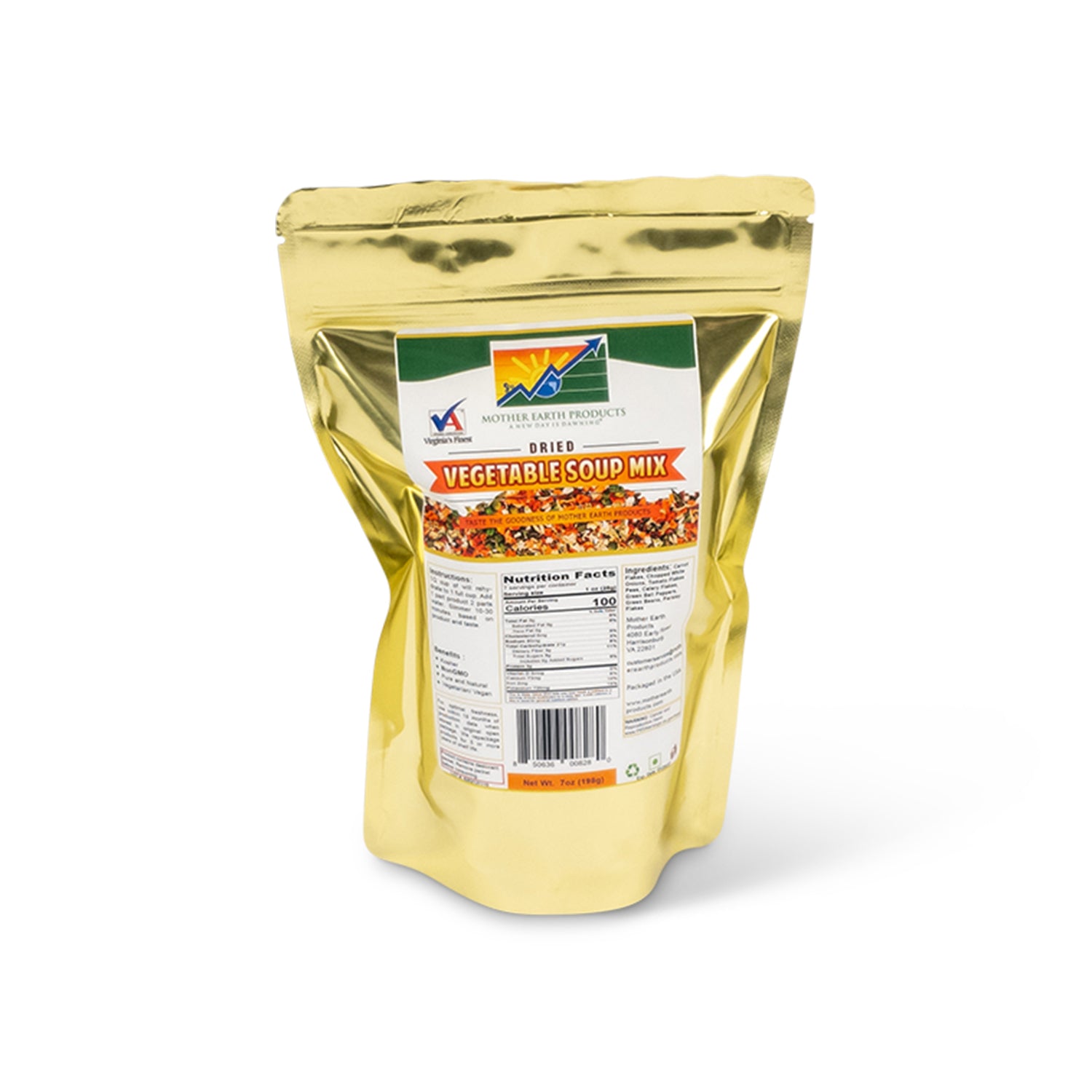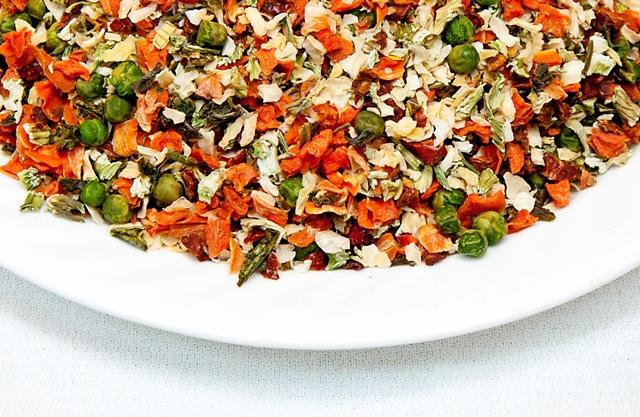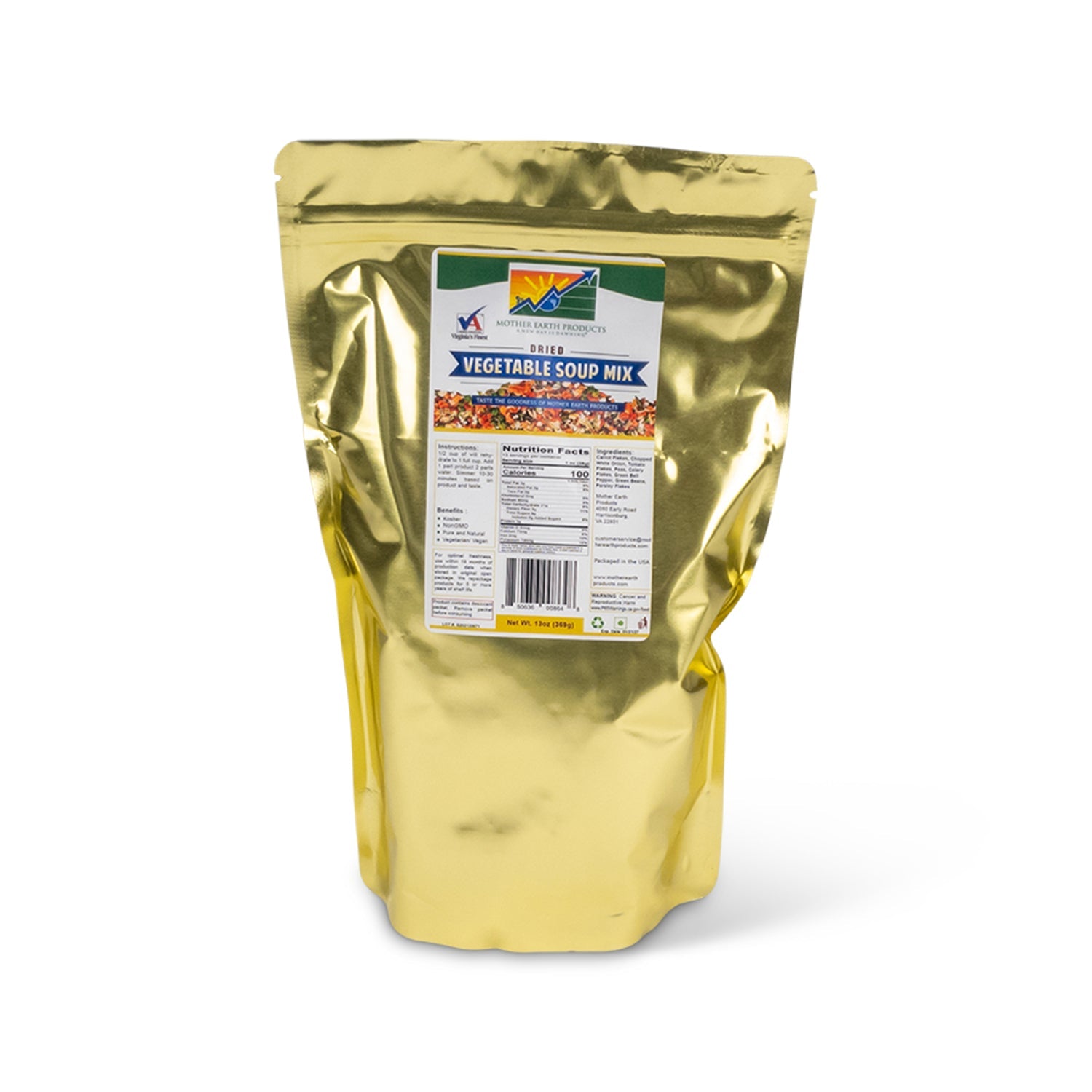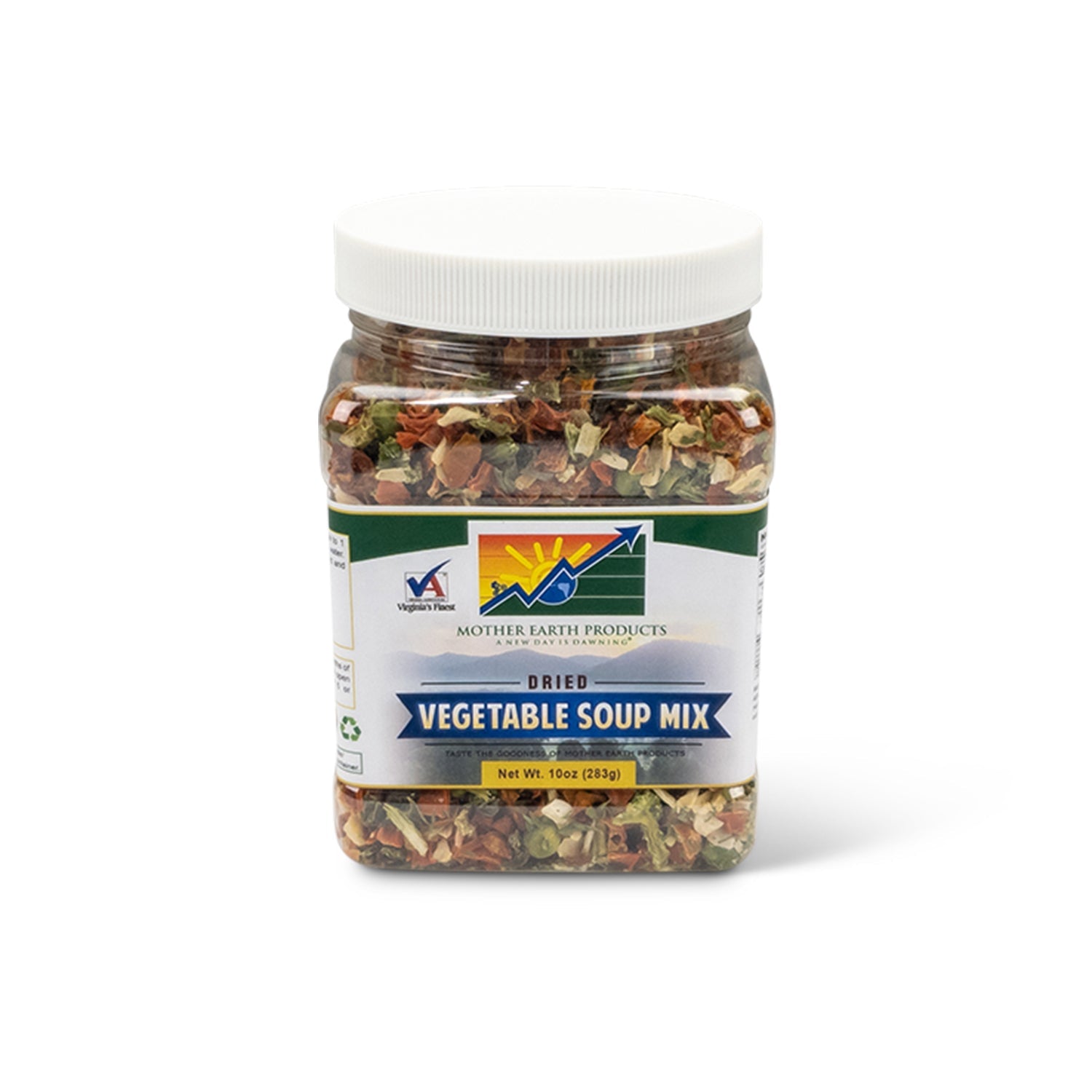When was the last time you sat down and reflected on what you’re grateful for? Thanksgiving is fast approaching. It is that time of the year where people reflect on what they are thankful for. It’s good to celebrate Thanksgiving every year; however, being grateful every day of the year has tremendous benefits. You don’t need to wait for just one day to express your gratitude. It should be an ongoing practice. Cultivating the practice of gratitude every day does not cost much time or any money, yet the benefits are just out of this world. Let’s look at these benefits you can reap by being grateful every day.
Strengthens your relationships
Gratitude has a direct impact on how you socialize with others.1 You tend to be empathetic and are in a position to help others out or give them emotional support.1 A grateful person is kind to others, less likely to be aggressive even when given negative feedback, and rarely have the desire to seek revenge.3 Furthermore, looking at the positive side of others and appreciating the little things they do can make your relationships stronger. Even journaling about your significant other will bring positive outcomes. Showing appreciation helps you to attract new friends. When you express gratitude to a new friend, they are more likely to seek an ongoing relationship.2
Improves your physical health
Grateful people encounter fewer aches and pains and tend to be healthier than other people.3 They are more likely to be conscious of their health and well being. They exercise, eat healthy, and go for regular checkups with their doctors.3
Improves your mental health
Grateful people who have a positive outlook on life tend to be happy.2 Gratitude reduces the release of toxic emotions such as envy, frustration, and resentment; therefore, gratitude increases happiness and reduces depression.3 According to research, teenagers who were positive were better behaved in school and more hopeful about life.2 Grateful schoolgoers also had better performance in school than their unappreciative counterparts. This is because they were less depressed and more satisfied with life.2
Good for your heart
Gratitude boosts your well being and has a direct impact on your heart health.1 Being appreciative triggers the release of positive emotions that improve the heart rate.2 Having a positive outlook on life lowers your blood pressure.1 Therefore, gratitude can be beneficial to the treatment of hypertension.3 It can also reduce the likelihood of sudden deaths of patients with congestive heart failure and coronary artery disease. According to a study, grateful people had better heart health, owing to reduced inflammation and healthy heart rhythms.3
Better immune system
Being grateful improves your immune function. There is less inflammation and fatigue, which is aggravated by high stress levels and pessimism.2 Research shows that stress hormones, such as cortisol, are 23% lower in people who express gratitude. Being grateful levers positive emotions that have direct benefits to the immune system.1 A study revealed that optimistic law students, from the University of Utah, had more immune-boosting blood cells than those who were pessimistic.2
Boosts your mood
Being grateful has a lot to do with the way you perceive and interpret life, especially if you’re rarely in a depressed mood.1 According to research, when you think about what you are grateful for, it triggers the calming part of the nervous system. In return, it releases feel good hormones, such as serotonin and oxytocin, and reduces stress hormones, such as cortisol.1 The feel good hormones improve your mood and help you bond with others. Gratitude helps boost the feeling of belonging and decreases stress levels.2
Make you sleep better
Losing sleep and you don’t know why? Check out your gratitude levels, because gratitude facilitates a good night’s sleep.1 Writing down what you’re grateful for before you drift off to sleep, can help fall asleep faster and sleep longer.2 Spend 15 minutes each day to write a few grateful sentiments before going to bed.3
Now that you know the benefits, what’s next?
The majority of us may need to learn to express gratitude; so, don’t beat yourself up if you have been grumpy, always complaining, and looking at the unfavorable side of things. The habit of gratitude can be learned.1 Here’s how to go about it.
Stop comparing yourself to others
Comparing what you do or who you are with other people is a recipe for unhappiness. Let’s face it, there will always be someone who is better than you or more advantaged than you.1 All you need to do is to count your blessings. It could have been worse. Be thankful for what you have, and build up slowly to what you what to become.
Have a gratitude journal
Journaling is a great way to learn gratitude. It may be difficult at first, but it will be worthwhile.4 You may feel that you have nothing to be grateful for. Just find one little thing every day that you appreciate and focus on just that. Pen it down and forget all the bad.
Writing down positive events every night before you sleep lowers your stress levels and gives you a sense of calmness. Do this every night until it becomes a habit.4 On the days that you feel depressed, go back to read your journal and you’ll feel better. Continue with this every day, and you’ll be surprised how gratitude can transform your life.1
Have a gratitude ritual
At the end of each day, reflect on what you’re grateful for. Set aside 15 minutes every day for this. Note down 5-10 things that you’re grateful for in your gratitude journal. At the end of every end week, go through what you have noted throughout the week. You can go to a quiet place for this. Repeat this every month to create a gratitude ritual. By the time Thanksgiving comes, the culture of thanksgiving will be deeply embedded in you.
There many benefits of making gratitude a daily practice: from improving your overall well being, to improving your immune system, to enhancing your relationships. It is an overlooked tool that can enhance the quality of your life. This Thanksgiving take a few minutes to focus on what you have, and stop complaining about what you don’t have. You’ll see an improvement in your satisfaction with life. If you need just one reason for gratitude, take this and run with it; gratitude makes you sleep better and longer.
What are you grateful for this year? Express it in the comment section below.
References
- https://www.today.com/health/be-thankful-science-says-gratitude-good-your-health-t58256
- https://www.huffingtonpost.com/2014/07/21/gratitude-healthy-benefits_n_2147182.html
- https://www.forbes.com/sites/amymorin/2014/11/23/7-scientifically-proven-benefits-of-gratitude-that-will-motivate-you-to-give-thanks-year-round/#46a755a8183c
- https://www.huffingtonpost.com/lauren-jessen/gratitude-journal_b_7745854.html








